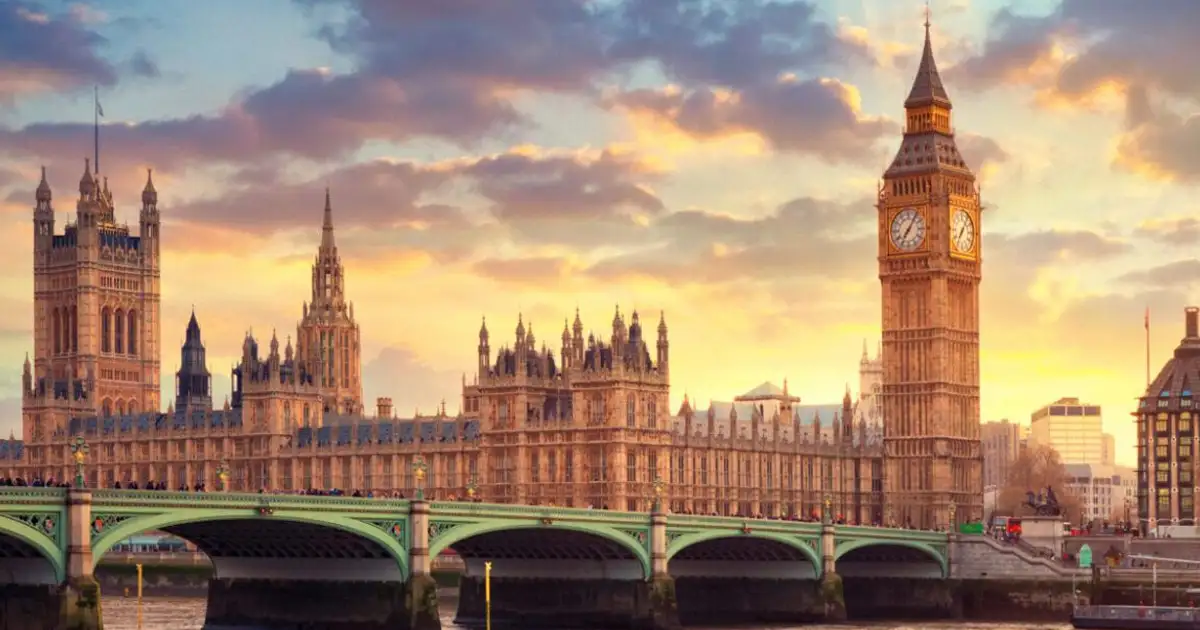When bookmakers deny the social harm caused by online gambling
At the heart of the ongoing battle between the gambling industry and the British government lies a major issue: the social consequences of online betting and gambling. While the government is considering raising taxes on high-risk products, the Betting and Gaming Council (BGC) is protesting and challenging the argument that gambling causes significant social harm.
No social problem: the BGC’s controversial opinion
During a hearing before the UK Treasury Select Committee, BGC chief executive Grainne Hurst claimed that gambling does not cause social problems. When asked by the committee chair, MP Meg Hillier, whether she believed that gambling did not cause social harm, Hurst maintained her argument while pointing out that the industry was taking steps to reduce the risks to vulnerable gamblers.
She added: ‘We know that 72% of customers surveyed in the Gambling Commission’s area say they do it because it’s fun. But the industry is rightly taking additional steps to ensure that the small minority of people at risk mitigate these harmful effects.’
This stance caused quite a stir. Several MPs expressed their disapproval, arguing that the industry was refusing to acknowledge or take into account the true extent of the social impact of gambling.
A question of numbers: jobs, the economy, the black market
The issue behind these statements is as much economic as it is social. The industry claims that a significant tax increase could jeopardise thousands of jobs and lead to a massive shift in betting towards the unregulated market.
A report by Ernst & Young (EY), commissioned by the BGC, models the effects of tax increase proposals put forward by think tanks such as the Social Market Foundation and the Institute for Public Policy Research (IPPR). It concludes that up to 40,000 jobs could be lost, gross value added (GVA) could fall by £3.1 billion, and between £8 billion and £8.4 billion of betting could shift to the black market.
Hurst uses these figures to argue his case to the government: ‘The figures speak for themselves. Tens of thousands of jobs lost, billions diverted to the black market and a possible £3 billion blow to the economy.’
For their part, the government and regulatory bodies point out that the aim is also to limit the harm suffered by vulnerable players, to better regulate practices and to ensure that the industry fully contributes to the societal costs it generates.
Focus on the ‘small minority’ and the credibility of protective measures
A salient element of this controversy is Hurst and the BGC’s use of the term ‘small minority’ to describe people exposed to gambling-related harm. This position is contested: several researchers and player protection associations believe that this language minimises the suffering experienced.
Some professionals in the sector denounce this as denial, arguing that it ignores or minimises addiction, debt and the knock-on effects on families. The fact that the industry itself highlights its investment in research and support for charities has not calmed the debate.
Indeed, in an internal report, the BGC acknowledges the need to address the harm that gambling causes to some people and, in the best case scenario, to prevent it altogether. This creates a contrast between words of recognition and a public stance that minimises the problems.
The BGC’s hearing before the Treasury Committee highlighted a considerable divide between the gambling industry and political and social authorities. While the government seeks to increase taxes and regulation to limit social harm, the industry argues in favour of stability, jobs and the prevention of illegal gambling. The BGC’s provocative tone sparked a strong reaction.


